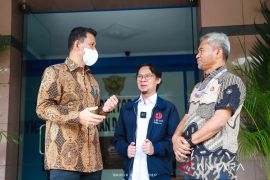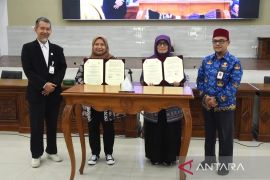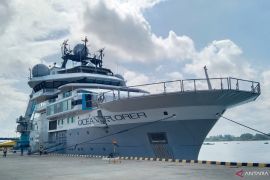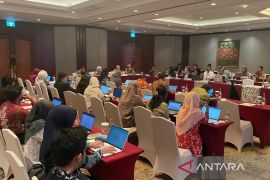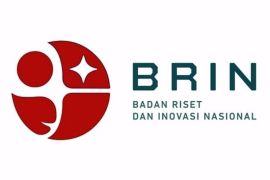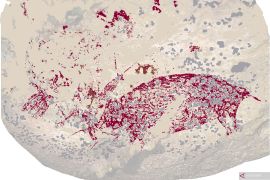We can move from rice farming to local food farming, which certainly has great potential for development.Jakarta (ANTARA) - The National Research and Innovation Agency (BRIN) has said that local food optimization could help tackle the food crisis caused by climate change, which has affected agricultural activities across the world, including in Indonesia.
The head of BRIN's Population Research Center, Nawawi, said that the coastal areas on the North Coast of Java Island were once famous as rice barns. However, they have begun to be destroyed by seawater intrusion resulting from land subsidence and rising sea levels.
"We can move from rice farming to local food farming, which certainly has great potential for development," he added in a statement released by his office on Friday.
Nawawi said that in the previous era, people's diets were homogenized by the rice policy. Now, with the population becoming increasingly dependent on rice, climate change is threatening food storage and triggering rice shortages.
As a tropical country with fertile soil, Indonesia has a rich trove of local knowledge on processing adaptive food sources in various environmental conditions, he noted.
"In terms of climate and land conditions, the local food can be optimized. It is expected to cover food scarcity, but it is still underestimated," he added.
According to him, BRIN's research has shown that Indonesia has at least 300 types of bananas that have the potential to serve as an adaptive food source for the population. Bananas are one of Indonesia's biodiversity treasures and are grown from Sumatra to Papua.
Some local banana varieties have also become synonymous with the identities of regions, such as the Goroho Banana from North Sulawesi. In addition, bananas are also consumed as a rice substitute by some people, he noted.
Besides bananas, breadfruit trees also grow abundantly in Indonesia and have the potential to serve as rice substitutes, Nawawi said.
BRIN's research in Gunungkidul district, Yogyakarta, has shown that breadfruit has an average carbohydrate content of 70.44 percent, protein 6.59 percent, fat 1.29 percent, and fiber 6.55 percent.
Related news: BRIN studies local plant genetics for food diversification: Official
Related news: National Nutrition Day: BKKBN seeks better awareness on local foods
Translator: Sugiharto Purnama, Resinta Sulistiyandari
Editor: Arie Novarina
Copyright © ANTARA 2024

